Jackie Ormes was the creator of several popular comic strips in the 1930s–1950s. She was the female #African American syndicated cartoonist. In a male-dominated industry, Jackie captured a national audience with her fashionable and opinionated characters.
Ormes career began as a proofreader and freelance journalist for the Pittsburgh Courier, a #black newspaper which published her first comic strip in 1937. Her debut strip, Torchy Brown in “Dixie to Harlem”, follows a young Mississippi girl as she moves to NYC to become a lounge singer. The comic strip appeared in 15 black newspapers around the country. This made Ormes became the only black female syndicated cartoonist until the 1990s.
From the beginning, Ormes’s characters were both glamorous and bold.
Ormes moved to Chicago with her husband. While in Chicago, she worked as a journalist for the Chicago Defender and briefly published a single-panel strip called Candy.

Jackie Ormes sold her next comic, Patty-Jo ‘n’ Ginger, to the Pittsburgh Courier. The long-running strip featured a big sister/little sister dynamic and led to the Patty Jo doll (1948). This now-collectible was a big deal—Patty Jo was the first upscale black doll, the first one to have a whole line of clothes.

The Patty Jo character herself was a sassy kid with very grown-up opinions on pressing issues. Soon after 14-year-old Emmett Till was murdered for flirting with white women, Patty Jo proclaimed (above): “I don’t want to seem touchy on the subject, … but that new little white tea-kettle just whistled at me!”

Though Patty Jo did all the speaking, Ginger was a positive role model in her own way. Black characters were often portrayed quite horribly in classic comics, but here was a gorgeous, well-dressed woman in a strip that reached over a million readers.

In 1950, Torchy Brown made a comeback in a full-color strip called Torchy in Heartbeats. The comic chronicles Torchy’s attempts to find love, but also serves as a mouthpiece for many of Ormes’s concerns: violence against women, racism, politics, public health. Commentary on environmental pollution might seem par for the course now, but was a topic which made Ormes quite unique.

Torchy also appeared in paper doll form, namely Torchy Togs. Torchy cut such an impressive figure that reportedly servicemen used the paper dolls as pin-ups!
The Torchy strip ended when Pittsburgh Courier discontinued the prohibitively expensive full-color comics section. Ormes continued working on Patty Jo ‘n’ Ginger, but increasingly her style became looser and she stopped drawing cartoons altogether in 1956.







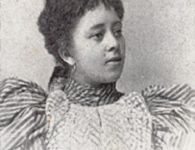


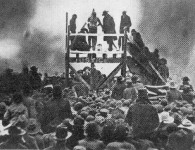
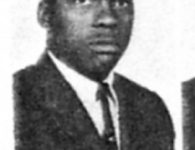



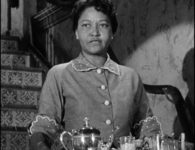
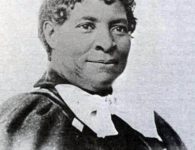

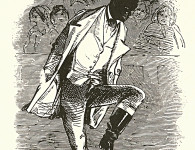

2 Comments
Wow! How did you comoe up with atht coolpost?
[…] Two comics were via Black Then. […]